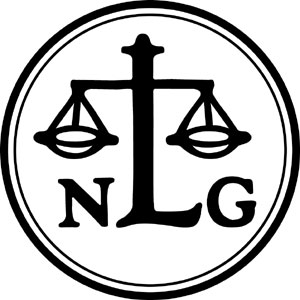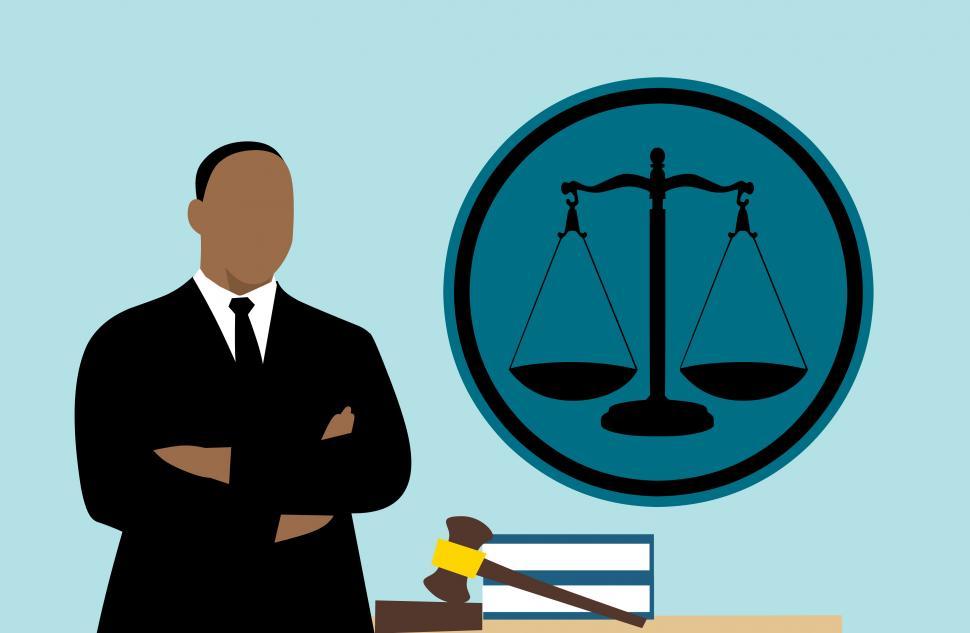Trusted Brownstone Law Texas Criminal Appeals Lawyers for Effective Depiction
Trusted Brownstone Law Texas Criminal Appeals Lawyers for Effective Depiction
Blog Article
Optimizing Your Appeal: How Specialist Help Can Boost Your Appellate Approach
In the realm of appellate campaigning for, the importance of utilizing expert assistance to fortify one's appellate strategy can not be overemphasized. By getting the competence of specialists fluent in the subtleties of appellate practice, organizations and individuals can open a wealth of benefits that extend far beyond traditional lawful representation.
The Importance of Appellate Experience
When navigating the complex world of appellate regulation, possessing specialized proficiency in appellate treatments and approaches is paramount for achieving beneficial results. Appellate expertise incorporates a deep understanding of the subtleties of appellate method, which differs considerably from test campaigning for. Appellate attorneys have to have an eager eye for lawful research, persuasive writing, and oral campaigning for skills tailored to the appellate court's certain needs.
An appellate expert brings a distinct capability to the table, honed via years of experience taking care of charms and remaining abreast of evolving legal criteria. This know-how enables them to craft compelling legal arguments, determine key concerns that resonate with appellate judges, and expect and respond to opposite guidance's disagreements efficiently.
Furthermore, appellate experts are well-versed in the facility step-by-step regulations regulating charms, guaranteeing that all submitting deadlines, format needs, and jurisdictional issues are meticulously adhered to. By leveraging their specialized understanding, appellate lawyers can navigate the appellate procedure with accuracy and skill, maximizing their customers' chances of success on charm.
Strategic Analysis and Situation Examination
Building upon the foundation of appellate experience, calculated evaluation, and case analysis play essential functions in creating a robust appellate approach. It needs a deep understanding of the lawful landscape, procedural regulations, and prospective arguments that could persuade the appellate court.
Instance evaluation is similarly essential, concentrating on evaluating the factual and legal aspects of the case to establish its viability on appeal. This procedure entails looking at trial court documents, proof, and judgments to identify errors or concerns that can develop the basis of a successful appeal. A thorough instance evaluation allows attorneys to craft persuasive debates that resolve the core problems and encourage the appellate court to rule in their client's support.
In combination, critical analysis and situation evaluation develop the keystone of an effective appellate approach, assisting lawyers in navigating intricate legal surface and maximizing their possibilities of success on appeal.
Crafting Compelling Legal Debates
Crafting engaging lawful disagreements is a necessary skill that distinguishes proficient appellate professionals in providing persuasive situations before the court. Effective lawful argumentation needs a deep understanding of the regulation, crucial analysis of the facts, and the capability to communicate intricate concepts in a clear and influential manner. When crafting legal arguments, appellate specialists must carefully consider the appropriate lawful principles, criteria, and policy effects to construct a strong and coherent story that supports their customer's placement.

Navigating Procedural Complexities
To properly navigate step-by-step intricacies in appellate method, practitioners need to have a thorough understanding of the appropriate guidelines of treatment and court procedures. Appellate procedures vary among territories, requiring a keen recognition of specific requirements regulating concerns such as administrative deadlines, filing treatments, and formatting guidelines. Failing to stick to these procedural regulations can cause costly delays, permissions, or perhaps dismissal of the allure.
One trick aspect of browsing procedural complexities is identifying the relevance of protecting problems for charm at the test court level. This helpful site entails making prompt arguments, activities, and offers of proof to ensure that appellate courts have a proper document to review (Brownstone Law Texas appeals attorneys). In addition, practitioners have to grasp the art of drafting concise and clear appellate briefs that adhere to format requirements and efficiently present lawful arguments
Additionally, comprehending the intricacies of oral disagreement treatments, consisting of time limitations and the decorum anticipated in appellate courts, is critical for an effective charm. By staying in harmony with these procedural intricacies, experts can boost their chances of achieving a desirable result for their customers on allure.

Leveraging Specialized Legal Understanding
Specialized legal experience plays a crucial function in strategically progressing appellate disagreements and making the most of the opportunities of success in intricate lawful proceedings. Leveraging specific lawful understanding can offer a considerable advantage when crafting appellate techniques. Appellate situations frequently involve intricate legal concerns that require a deep understanding of certain areas of law. By engaging experts with proficiency in the relevant lawful area, appellants can benefit from nuanced understandings and tailored methods that are necessary for presenting engaging arguments.
Specialized legal knowledge allows specialists to determine key criteria, laws, and legal doctrines that are pertinent to the situation at hand. This thorough understanding enables them to prepare for potential obstacles, counterarguments, and possibilities for convincing advocacy. Specialists can supply important viewpoints on just how the regulation has been translated and used in similar over here situations, helping to shape a more reliable appellate method.

Final Thought
To conclude, professional assistance can considerably boost your appellate method by supplying experience in navigating procedural complexities, crafting engaging lawful arguments, and leveraging specialized legal knowledge. By making use of the skills and experience of appellate experts, individuals can optimize their chances of success in the appellate process. Tactical analysis and case assessment are vital components of developing a strong appellate strategy that can aid to boost the allure of your instance.
In the realm of appellate advocacy, the importance of using professional help to fortify one's appellate strategy can not be overstated.When browsing the detailed world of appellate legislation, possessing specific knowledge in appellate procedures and techniques is vital for attaining beneficial outcomes. Appellate proficiency includes a deep understanding of the subtleties of appellate practice, which varies considerably from test campaigning for. Appellate attorneys need to have a keen eye for legal research, convincing writing, and oral advocacy abilities tailored to the appellate court's specific requirements.
Structure upon the foundation of appellate competence, critical evaluation, and instance analysis play crucial functions in formulating a robust appellate method. (Brownstone Law Texas appeals attorneys)
Report this page